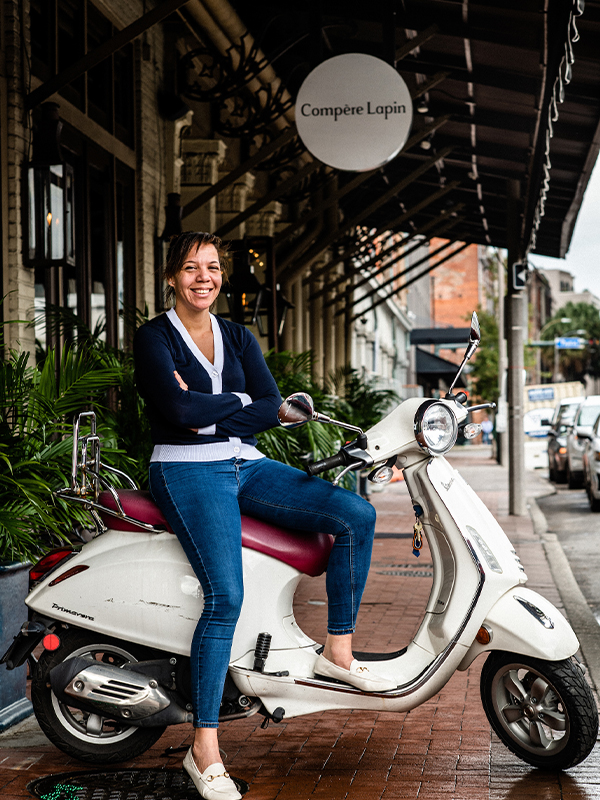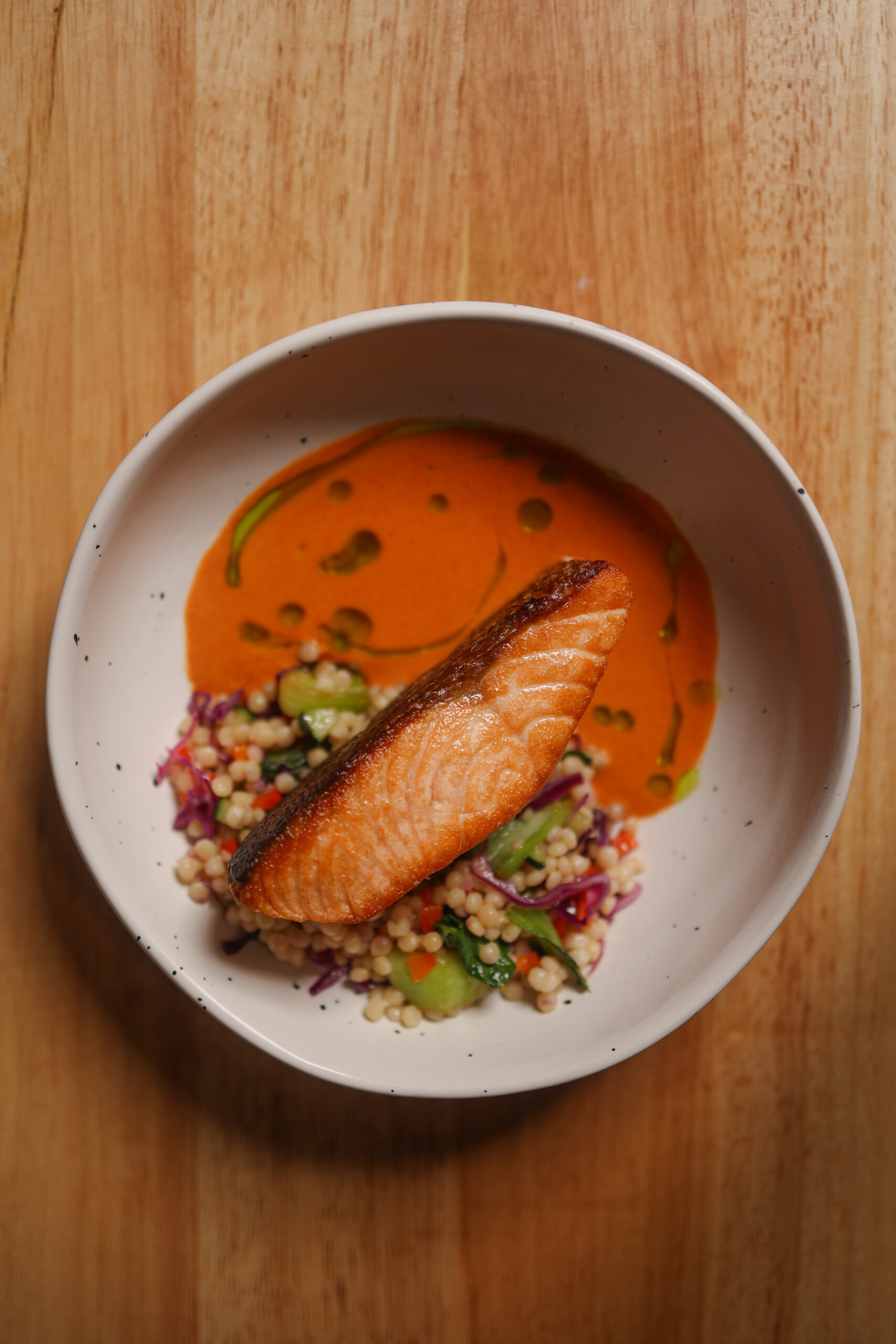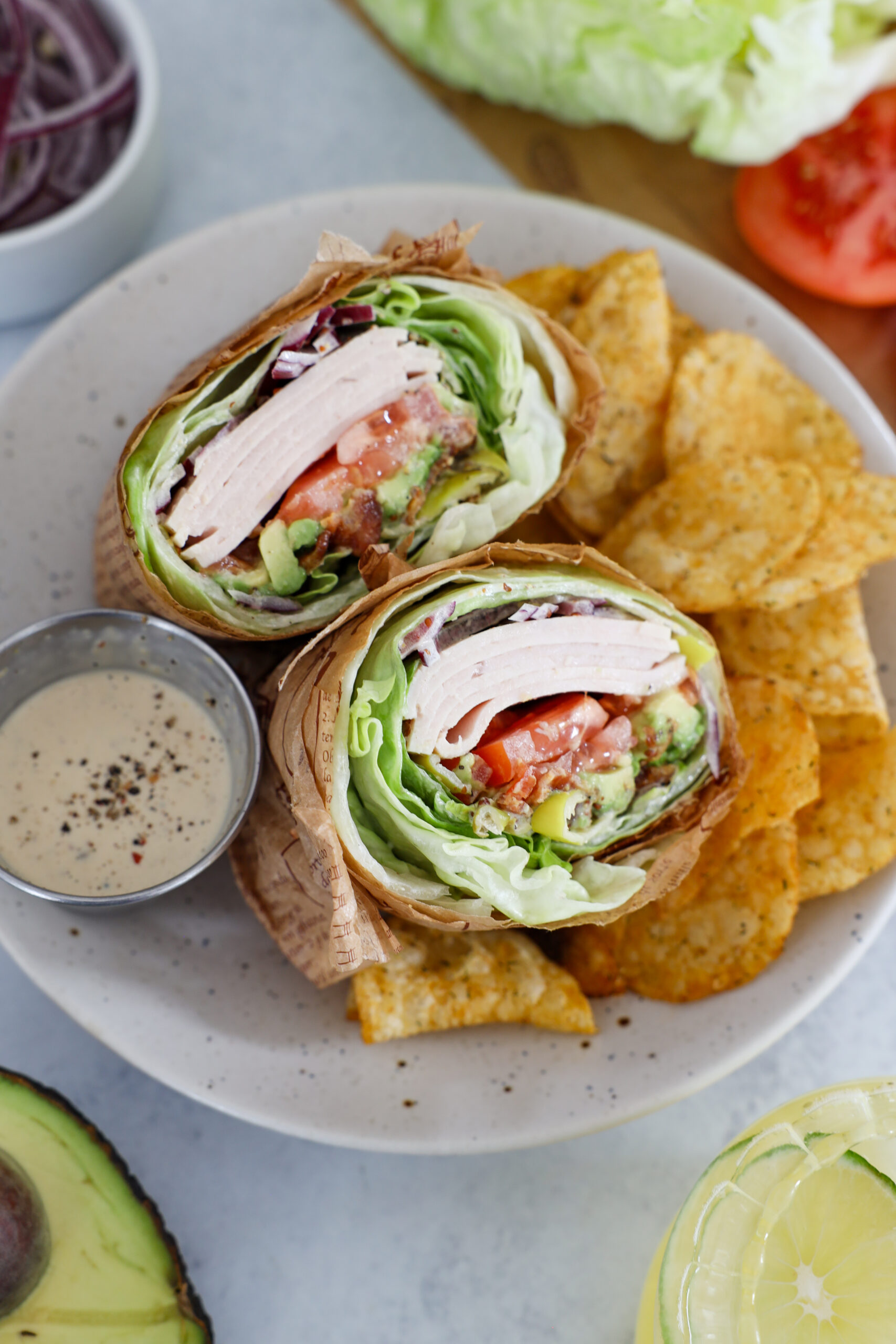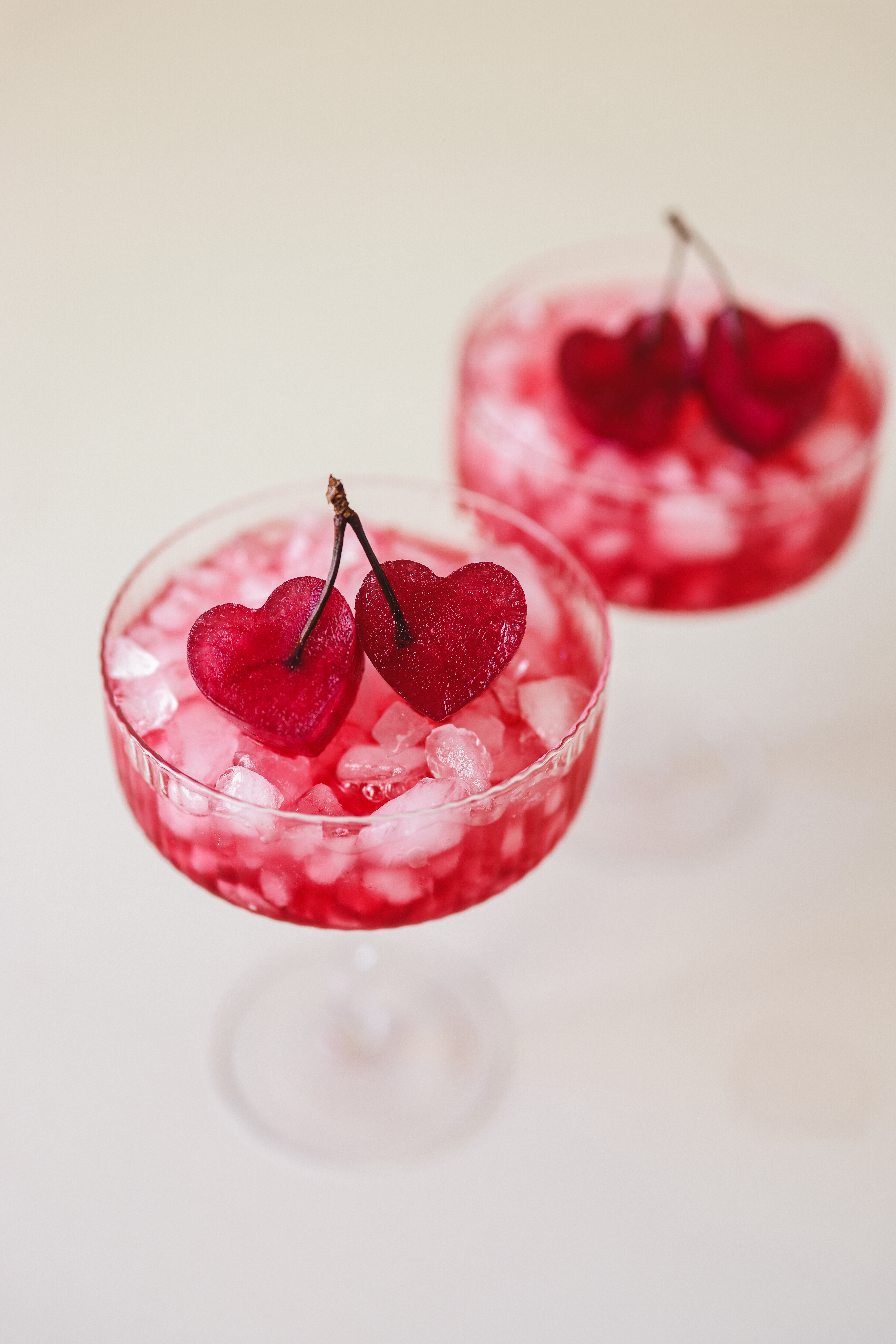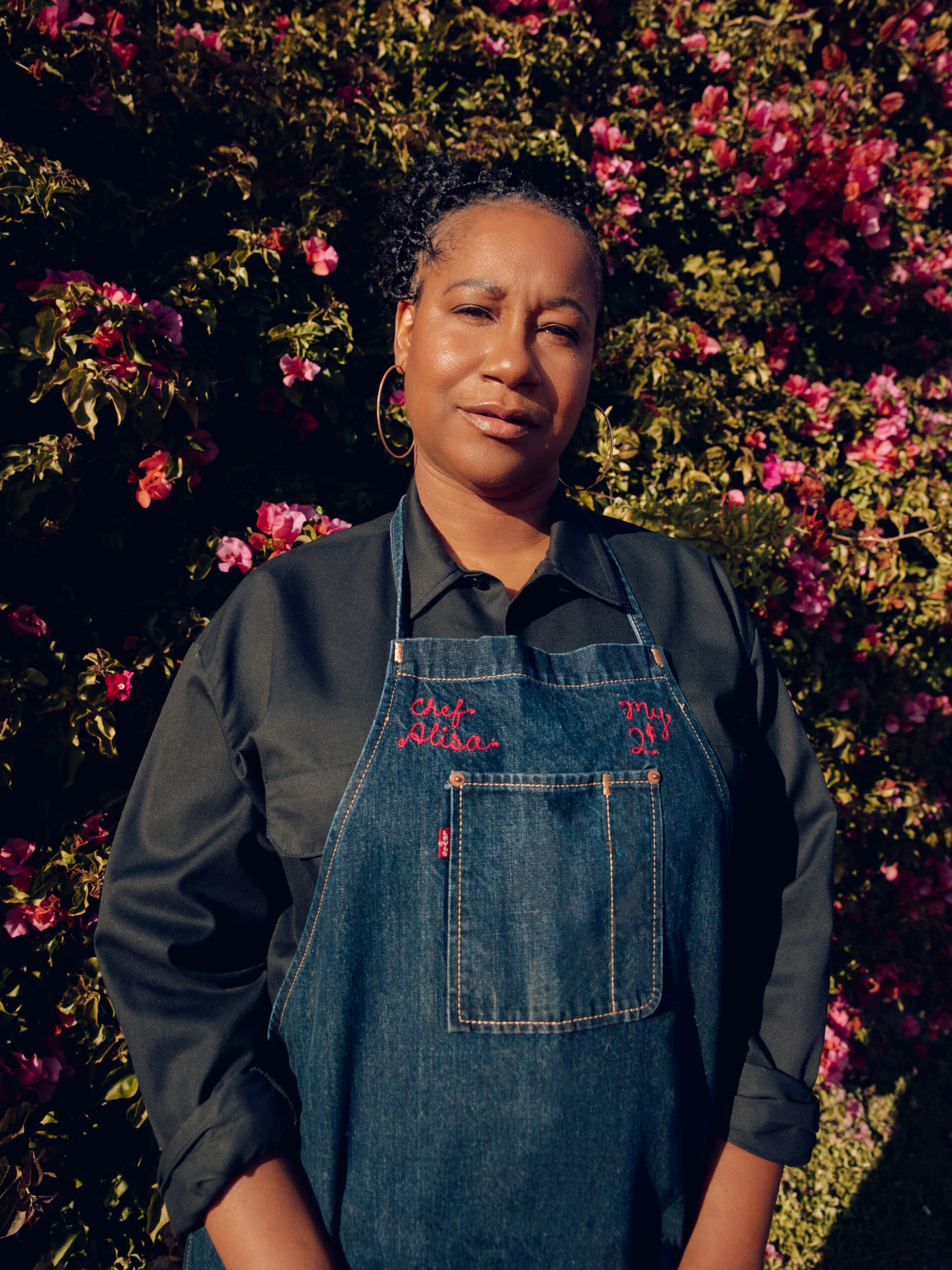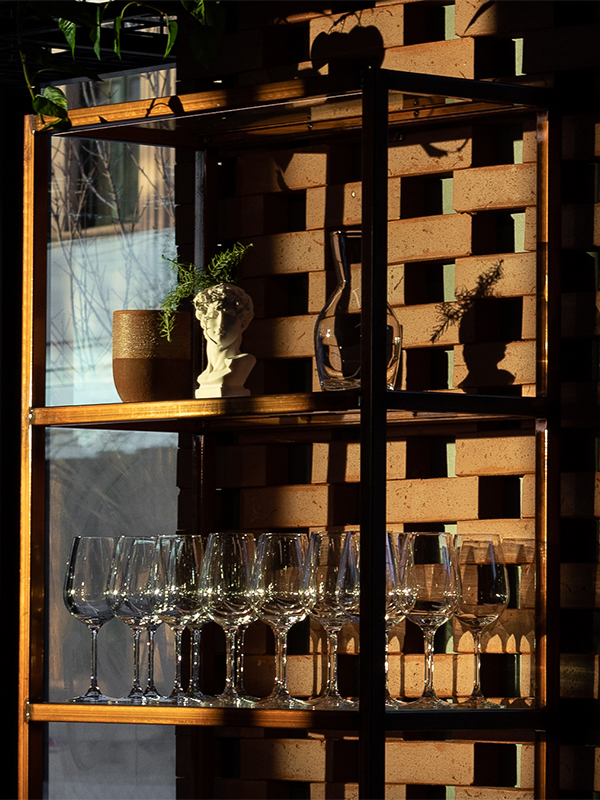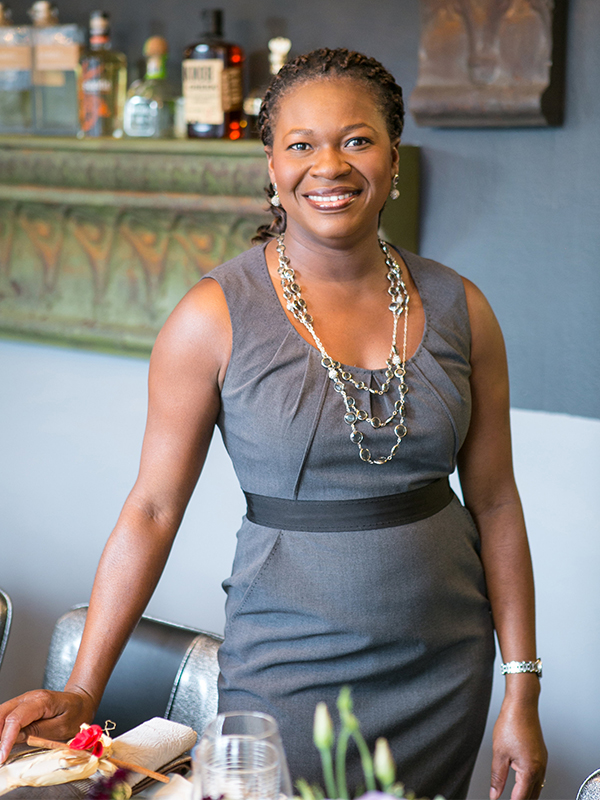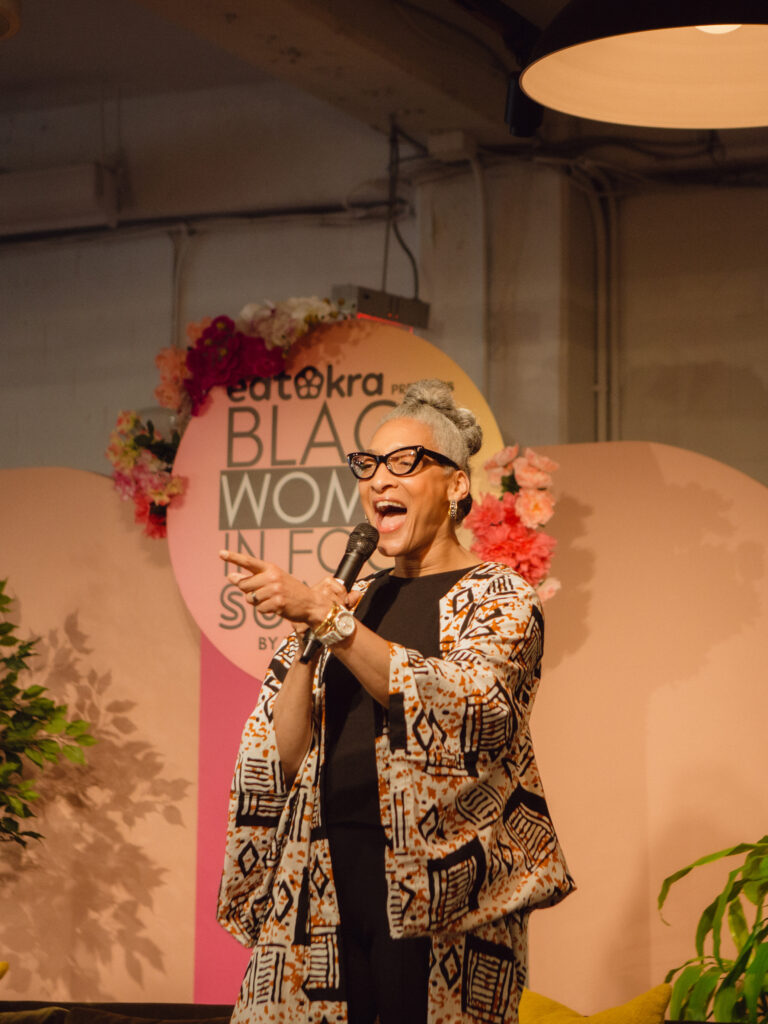In Saint Lucia, as it is in other parts of the African diaspora, storytelling and folktales hold a sacred importance. One cultural figure to emerge from the eastern Caribbean island—colonized by the British and the French—is Compère Lapin, French for “brother rabbit.” In Saint Lucian folktales, he’s a mischievous rabbit that often fools his fellow animals.
Compère Lapin also happens to be a popular figure for Creole communities in the U.S., specifically New Orleans. So when Saint Lucian-bred chef Nina Compton was determining what to call her New Orleans restaurant, the name Compère Lapin was a no-brainer.
At Compton’s Compère Lapin, local ingredients of Louisiana intertwine with Saint Lucian and other Caribbean flavors, creating a restaurant that’s inventive and comforting.
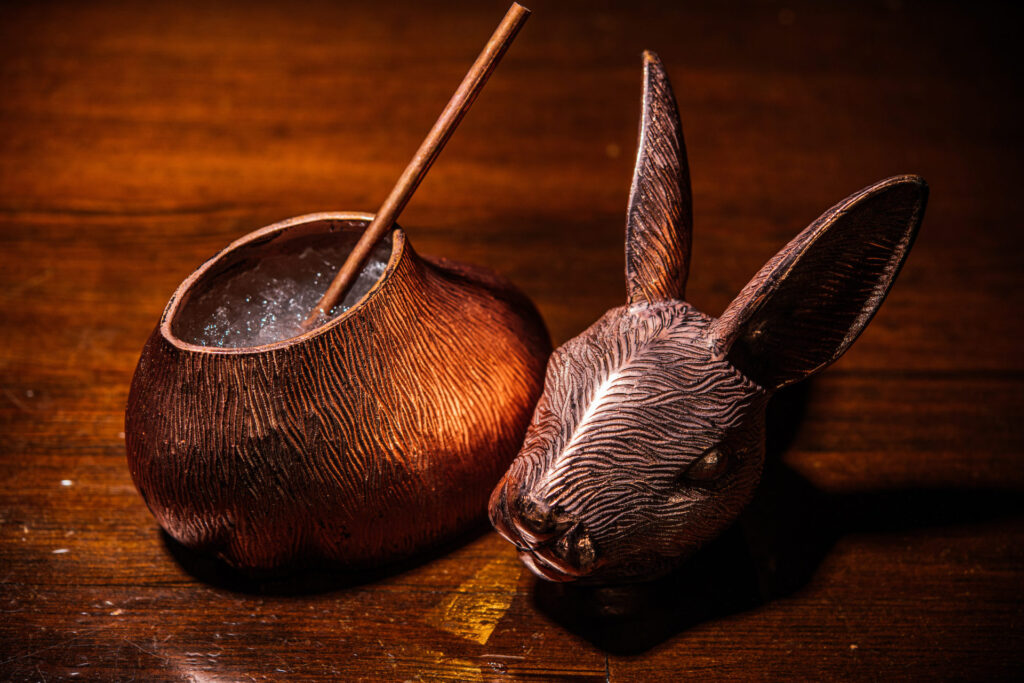
It’s a kind of melding that Compton—a James Beard award winner and Top Chef runner-up—says is integral to Caribbean food. Saint Lucian history is in her blood. Her father Sir John Compton served as Saint Lucia’s first Prime Minister after having worked for the island’s independence, which finally came in 1979.
While people like to group Caribbean cuisine into one category, “it really comes down to the different influences on each island,” Compton tells Sweet July. “Saint Lucia has British, French, African, East Indian [influences]. [We have] Bouillon, this big one-pot stew, that is African and Amerindian, and other things like boudin is blood sausage, which is definitely from the French and the British.”

Located in the Warehouse Arts District of New Orleans, Compère Lapin features dishes like blackened pig ears with smoked aioli, snapper collar with plantain purée and jerk peanuts, curried goat with sweet potato gnocchi and cashews, gulf fish with smoked fumet, okra and tomatoes. And for dessert, sweets feature the kind of fruits Compton grew up with in her backyard, like Bolivian chocolate cake with passionfruit or the mango Crème Brûlée with coconut.
Not only does the menu highlight ingredients found in both Louisiana and the Caribbean, it also shows diners that this is how the African diaspora has always eaten. “I think the cuisine that we have at the restaurant is really about celebrating the local ingredients we have in both cultures,” says Compton. “They’re still eaten today, and we ate them many years ago.”
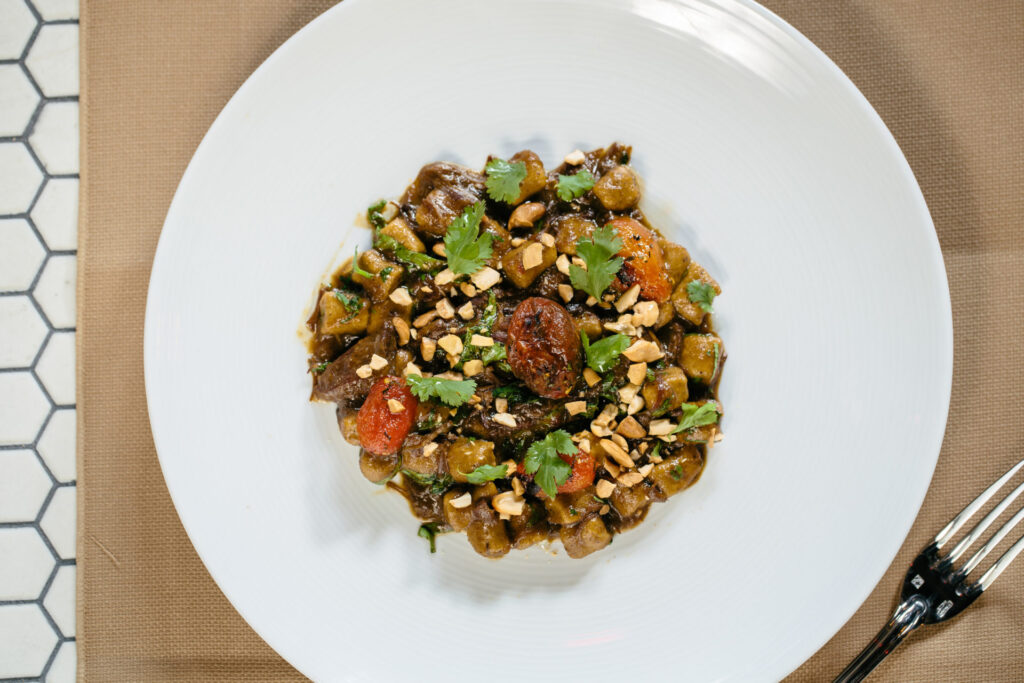
Sweet July caught up with Compton to talk about the experiences that have shaped her relationship with food, her time on Top Chef, and what her family’s farm taught her about sustainability.
What have been some of the formative cooking and eating experiences throughout your life?
Nina Compton: Growing up in the Caribbean, my family was very close. We still are. For all my siblings and my mom and me, things were always centered around food. We’d always sit down and have lunch together, which is commonly the biggest meal in the Caribbean. We didn’t really have a sit-down dinner. Of course, on the weekends, that was also a big moment, sitting down as a family and talking about things. It was always around food. The biggest thing for me growing up was seeing my mom and my grandmother in the kitchen, always doing something very special. I wanted to be a part of that.
But it was being on Top Chef that kind of changed everything for me. One of the things I wanted to do was showcase Caribbean food and really let people know it’s more than jerk chicken, rice and peas, or conch fritters. It was about showing that each island is very different. When I did get to open my first restaurant, Compère Lapin, that made it even more special for me, because people—especially here in New Orleans—were very excited that somebody was cooking Caribbean food in a restaurant—it was a meeting spot for people to get together.
What were some of the most surprising or enjoyable moments you had on Top Chef?
NC: It’s a very intimidating platform. I went in with, “I want to win the grand prize. I want to win the money. I want to earn a title.” As each episode went by, it was less about winning, and it was more about enjoying the moment because I didn’t really know if I would make it that far. So I just saw it as, “I’m just gonna enjoy each challenge,” even though it was very stressful. I was able to not think about things and just cook on a whim. I was also able to cook with chefs I admired, who became lifelong friends, people like Tom Colicchio and Padma [Lakshmi] and Gail [Simmons], also people like Emeril Lagasse and Donald Link who are still in New Orleans.
What do you miss most about living in the Caribbean?
My family. And I miss the beach. The vibe there is very laid back. I miss the food. We’d have grilled fish with a very simple citrus or lime sauce or pepper sauce. I miss mango trees, avocado trees, papaya trees… all in our backyards. Whenever it’s mango season, you pick your mangoes and you can make mango salad, mango jam. It’s always about the seasonality on the islands.
Your family had a farm when you were growing up, which they still have. What did that experience teach you about food sustainability?
Growing up with access to fresh produce taught me a respect for those things. I think a lot of people don’t understand how hard farming is. It’s not just putting a seed in the ground and everything flourishes. Waste was not a thing in our house. We didn’t throw away anything. If we couldn’t use it, it would become compost. I also pride myself on telling staff in the restaurants that we don’t waste anything. Everything can be used. If it’s not for a garnish, it’s for a sauce. If it’s not for a sauce, it’s for a puree. It’s about getting people to respect sustainability and farmers, and know where their food source is from.
One of the biggest things I’m trying to do now is shine a light on Black producers because we don’t have a lot of them. Locally, we work with Le Petit Jardin, which provides the most beautiful produce. We also work with Kahawa 1893, a coffee company owned and run by a Black woman that is based in Africa and employs Black women for harvesting coffee. Some of them are very small, so if it means I can only order from them once a week, I will do it. We have to support them and help more of them grow. And hopefully they become not the minority, but the majority.
This interview has been edited and condensed for clarity.
